- OSMC 2021 | Introduction into OpenSearch
- OSMC 2021 | pg_stat_monitor: A cool extension for better database (PostgreSQL) monitoring
- OSMC 2021 | On the Bleeding Edge of OpenTelemetry
- OSMC 2021 | Thola – A tool for monitoring and provisioning network devices
- OSMC 2021 | Advanced MySQL optimization and troubleshooting using PMM 2
- OSMC 2021 | Observability will not fix your broken Monitoring , or Culture
- OSMC 2021 | Monitoring Open Infrastructure Logs – With Real Life Examples
- OSMC 2021 | Scaling Naemon deployments to Kubernetes with Merlin
- OSMC 2021 | Open Source API-HUB – Connect Icinga2, Zabbix, CheckMK and more with OpenCelium
- OSMC 2021 | Icinga for Windows – Evolution
- OSMC 2021 | inspectIT Ocelot: Dynamic OpenTelemetry Instrumentation at Runtime
- OSMC 2021 | Still directing the director… and more!
- OSMC 2021 | Current State of Icinga
- OSMC 2021 | Icinga-Installer – Der einfache Weg zum eigenen Icinga
- OSMC 2021 | Open Source Application Performance Monitoring in the Enterprise
- OSMC 2021 | Use OpenSource monitoring for an Enterprise Grade Platform
- OSMC 2021 | Contributing to Open Source with the example of Icinga
- OSMC 2021 | Handling 250K flows per second with OpenNMS: a case study
- OSMC 2021 | Robotmk: You don’t run IT – you deliver services!
- OSMC 2021 | Monitoring Open Source Hardware
- OSMC 2021 | Secure Password Vaults with Naemon
- OSMC 2021 | Gamification of Observability
- OSMC 2021 | Observability is More than Logs, Metrics & Traces
OSMC 2021 has been over for about a month now, and it was a pretty good conference, and also my first conference at NETWAYS. The two-day conference with Workshop and Hackathon was all about open source monitoring software like Icinga2, CheckMK and Prometheus. Now I want to give you some insights about one of the talks:
About the author
Jochen Kressin, CEO of floragunn, the Company behind SearchGuard, which provides Security and Alerting for OpenSearch and ElasticSearch, introduced the audience into OpenSearch at the Open Source Monitoring Conference 2021 in Nuremberg. In his talk, he gave us an overview about the history of ElasticSearch and the reasons for the license change of ElasticStack in early 2021, which was the main reason for the emergence of OpenSearch and OpenSearch Dashboards.
OpenSearch
OpenSearch is an open source search and analytics software suite, initiated by Amazon Web Services (AWS) and supported by other big IT companies like Red Hat and SAP. It is derived from Elasticsearch 7.10.2 and Kibana 7.10.2, which were licensed under the Apache Software License 2.0 (ASLv2). OpenSearch consists of two parts:
- a search engine daemon called OpenSearch
- a visualization and user interface, OpenSearch Dashboards
OpenSearch combines the features of Elasticsearch 7.10.2 with the features from Open Distro for ElasticSearch by AWS. OpenSearch was first announced in April 2021 and released in July 2021. The current Version 1.2 has been released just two weeks ago, on November 23.
But why was OpenSearch forked from ElasticSearch 7.10.2? Until January 2021, ElasticSearch had a free version with basic features using the ASLv2 and some commercial add-ons. In January 2021, ElasticSearch switched to a dual license model using the SSPL (Server-side public license) and the Elastic License v1. One month later, in February 2021, Elastic License v1 got replaced with the Elastic License v2, which is a more permissive license, but still not approved by the Open Source Initiative as an Open Source software license. The license change also means that ElasticSearch and Kibana cannot be offered as a managed service anymore. Elastic made this license change in order to prevent companies like AWS from making money with their products while not collaborating with Elastic. In other words: It is meant as a response to the continued non-collaborative engagement AWS pursued with ElasticSearch. Afterwards, AWS said that they will create and maintain a ASLv2-licensed fork of ElasticSearch and Kibana in order to ensure the availability of open source versions.
Free and Open Source Software
This raises the question of what are the benefits of FOSS (free and open source software). The goals of making open source software are getting developers on the board to contribute in order to improve the software, making the project known in the FOSS space and to increase its popularity in general. But there are also several disadvantages – many open source projects are fighting with a lack of funding, developers and time. Really successful projects are often backed by big companies or organizations, like the Apache2 Web Server (Apache Software Foundation) or Fedora Linux (Red Hat). Jochen Kressin also shared some of his thoughts about all this.
- Choose your weapons and license wisely
You should fully understand what the license allows and disallows, and evaluate the advantages and disadvantages for your project - Stick to your guns and license
If you have chosen your license, stick with it. - Wide adoption is often only possible with permissive license
- FOSS is not a business model
it is not a means to generate revenue and can’t be the only foundation of a company
The future of OpenSearch and ElasticSearch will be very interesting. Elastic has more parts than only Kibana and ElasticSearch, it’s a whole ecosystem (with Logstash, Beats…). Building a community for the FOSS OpenSearch Project requires effort and steadiness. And enterprises require production readiness, professional services and good support (with SLAs).
Full talk and more from and about OSMC 2021
Watch the whole talk by Jochen Kressin here:
Since OSMC 2021 is unfortunately over we still have something for you: Did you already check out this year’s conference archives? They provide you slides and videos of each talk and also some photographs of the conference itself.
OSMC 2022 will take place from November 14 – 16 and we’re already looking forward to meeting you all again!

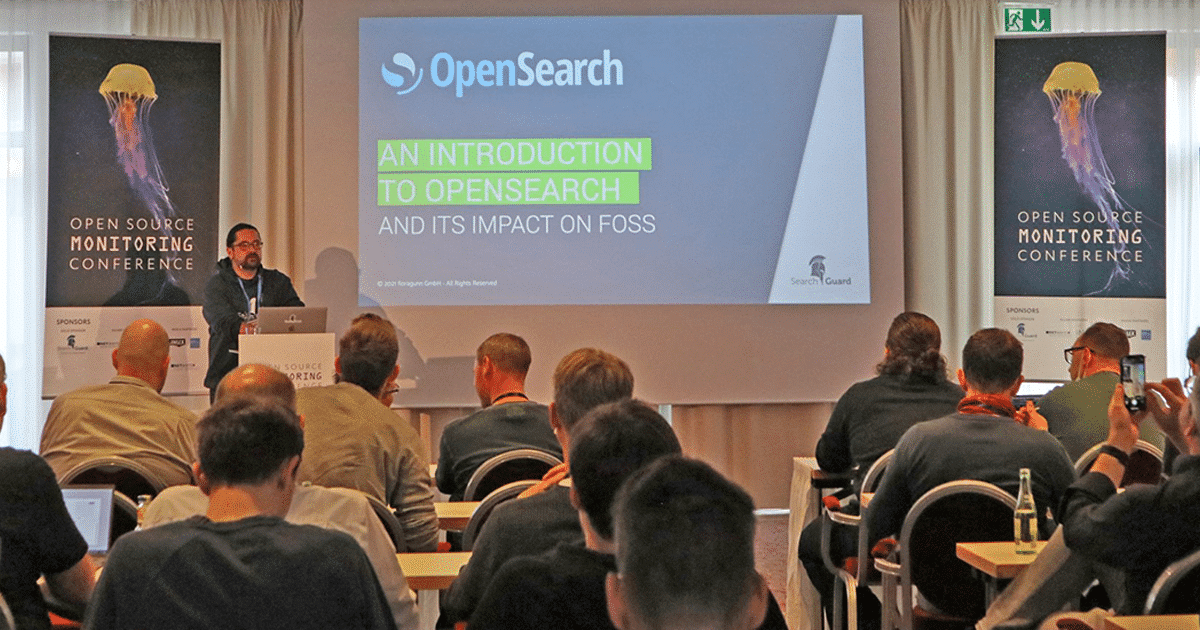





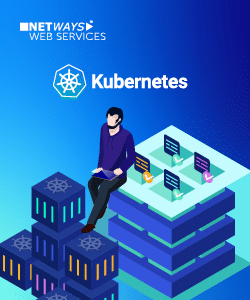
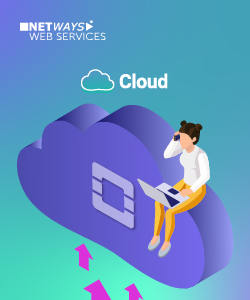
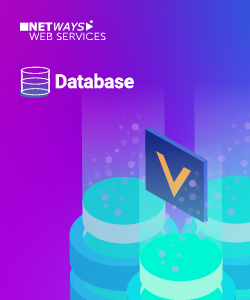
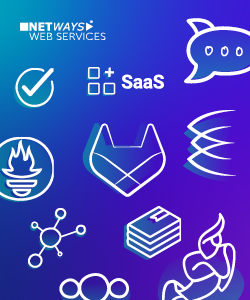
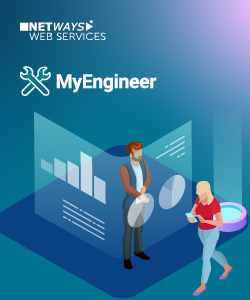







0 Kommentare